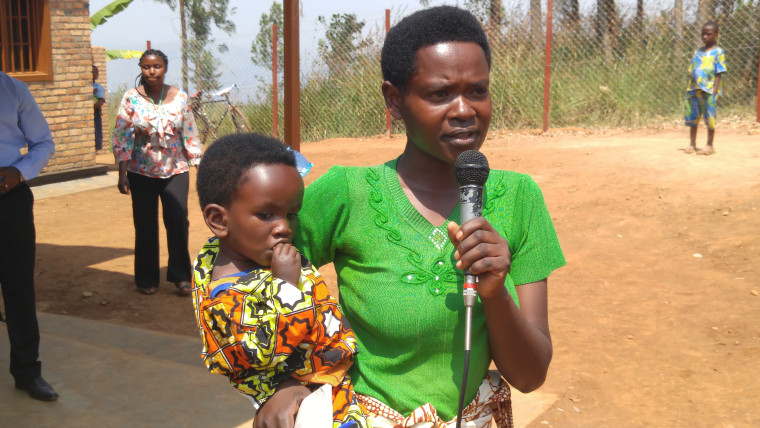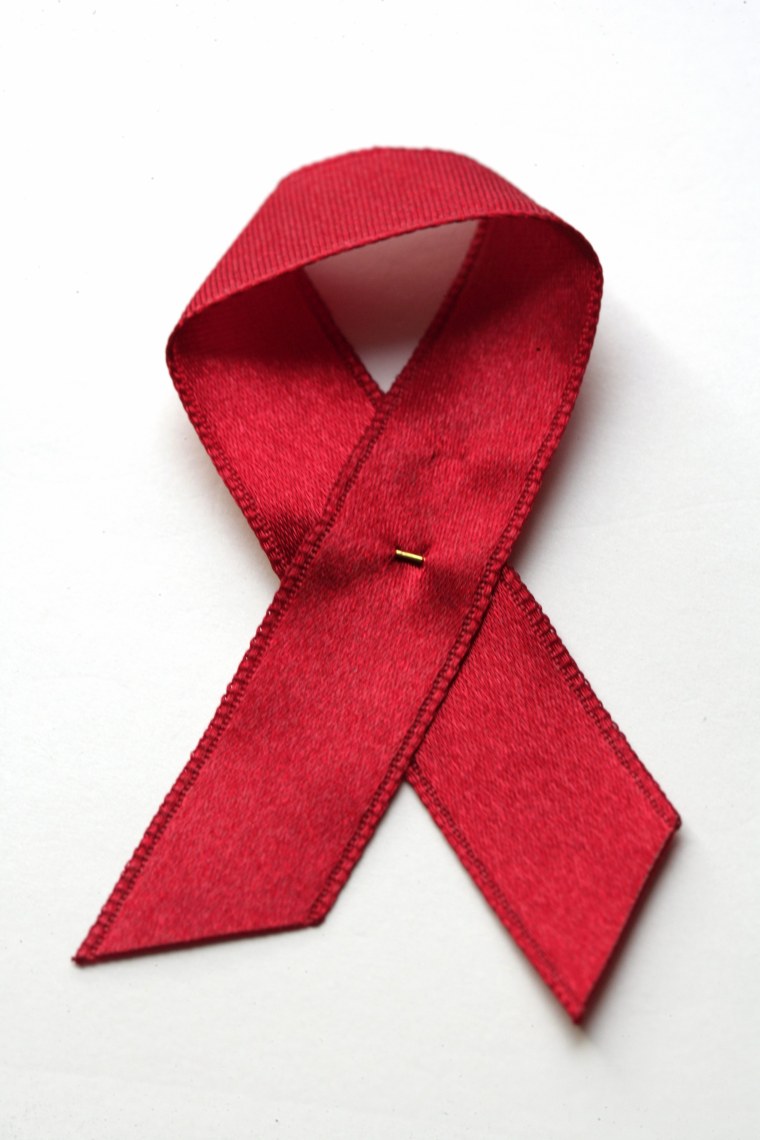National Women and Girls HIV/AIDS Awareness Day, celebrated March 10, was a day to raise awareness of the impact of HIV and AIDS on women and girls in the United States.
Many Americans believe this is a passé issue and that in 2016 women would know everything they need to know about this infection and ways to protect themselves. Unfortunately, they are wrong. The reality is, accessing this information and then acting on this knowledge is nearly impossible when we doubt our worthiness, capability or potential.
As an HIV doctor in both the United States and Rwanda, I have come to believe strongly that fostering a woman’s sense of value, capability and hope in the future is the key to inspiring her to protect and care for herself – and her family – especially when paired with knowledge and the power of sisterhood.

Take Oliva, an HIV-positive mother living in rural Rwanda. She discovers she is pregnant and is referred to the health center’s Prevention of Mother to Child Transmission (PMTCT) of HIV program. Each month, she brings her baby to a health assessment where her child is evaluated for malnutrition and HIV, and she is offered health education sessions with other HIV-positive moms. During these sessions, Oliva shares challenges to implementing what she is learning with other mothers and, together, they brainstorm ways to overcome these challenges. When barriers to quality care are identified, Oliva and all of the HIV-positive mothers in the program are encouraged to contribute their ideas to improving the system of care.
One such example involves HIV testing for HIV-negative exposed infants. Health centers are expected to do regular HIV testing at particular intervals, but this was only happening eight percent of the time. To address this challenge The Ihangane Project – the nonprofit healthcare organization I started in Rwanda - worked with both nurses and HIV-positive mothers to understand the barriers to appropriate testing. At one health center, we learned women were so fearful of learning the HIV status of their infant that they avoided testing as much as possible.
At a different health center, mothers proclaimed, “We are ALWAYS ready to receive our test results. We know we have done everything we can to protect our children, and we know they will be fine.” These confident mothers now support other mothers through the testing process. These women have created their own testing log that they manage together. Within each group, a participant leader volunteers to reach out to women when their child is due for testing. Their motto is “Dufatanye”, or “Together, We Can”.
Dufatanye has contributed to an 800 percent increase in appropriate HIV testing for HIV-exposed infants, which in turn has resulted in a 50 percent reduction in mother-to-child HIV transmission.
Prior to this program – that has been built upon the premise that women who feel worthy, capable and hopeful are most likely to make healthy choices – an HIV diagnosis for these women would have meant isolation and worsening marginalization that would inevitably lead to terrible health outcomes. Now, Sisterhood is replacing isolation and stigma, Confidence is replacing fear and inadequacy, and Hope in the future is replacing hopelessness.
How is this relevant to the United States, and Black women in particular? Women are women everywhere. We are much more likely to protect ourselves when we believe we are worthy of good health and are armed with the knowledge we need to take care of ourselves. We also need to believe that our future is bright, regardless of the pressures of today.
RELATED: 'Let's Talk About PrEP' Targets Black Women For HIV Prevention
We should also embrace what’s working to improve HIV care and prevention for women internationally and bring those best practices back here to serve and care for women in America. Organizations like the Black Women’s Health Imperative, whose president and CEO worked in health care abroad, understand this importance and integrate internationally proven strategies and tactics into its HIV work with Black women in the U.S.
What’s the first step? Harness that power of sisterhood! Talk about your fears, ask for support, and be available to support others. Many women do not have the confidence to share their fear and lack of knowledge around HIV. Let’s support each other!
What’s the next step? Take action and get tested. Knowledge is power. If you are positive, you can access resources and care that will allow you to continue to thrive. If you are negative, stay that way. There is a package of care, including PrEP, that can help keep you healthy and HIV free.
Health care providers, we play an important role in this. We must recognize and address the invisible barriers that prevent women from fully accessing our services. Women will become engaged in their health care when they believe they are worthy of good health, feel empowered to act upon this self-worth and have faith that seeking health care will lead to a different outcome than their status quo. As health care professionals, it is our job to support this process for women and girls.
Let’s eliminate HIV together!!
Dufatanye!
Dr. Wendy Leonard is executive director of The Ihangane Project and Linda Goler Blount is president & CEO of the Black Women's Health Imperative.
